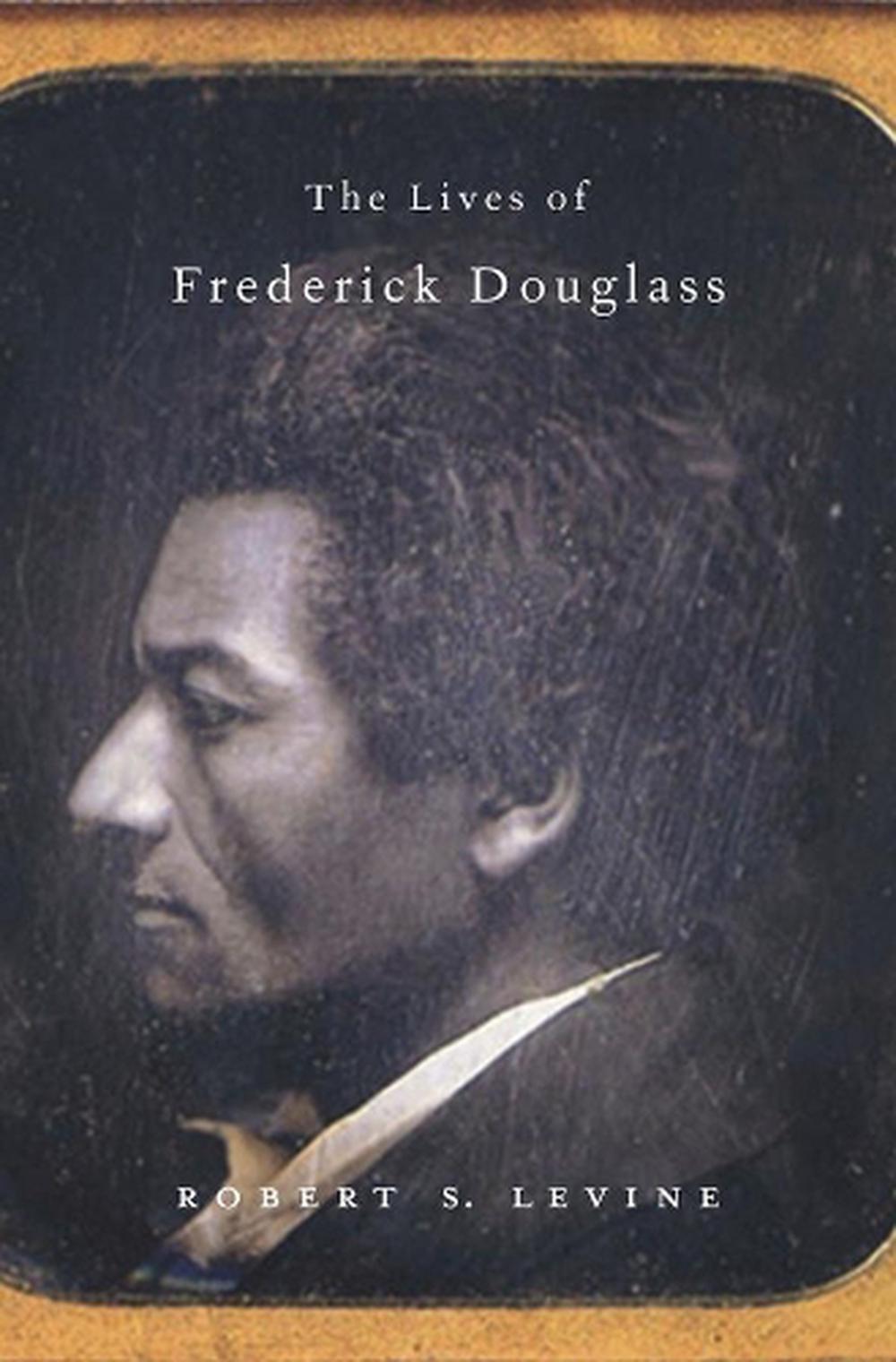

My subject, then, fellow citizens, is American slavery. Source: Frederick Douglass: Selected Speeches and Writings, ed. Unlike some other abolitionists, Douglass did not see the Constitution as a proslavery document, as he made clear in this speech. In this speech, for example, he excoriated America’s churches. This appeal to the power and promise of the Declaration was a continuing theme of African Americans’ struggle for civil rights into the 1960s ( See Birmingham Manifesto).ĭouglass’ speeches expressed the moral outrage that powered the abolition movement and made it so threatening to southern slaveholders, but also to anyone willing to tolerate or ignore slavery. Instead, Douglass explained, the day was a time of mourning to those who had experienced slavery, who were constantly reminded of the unfulfilled promises of liberty and equality in the Declaration of Independence. Speaking on July 5, the day after Independence Day (something Douglass had insisted upon), and before a predominantly white audience, Douglass eloquently explained why the Fourth of July was not a holiday celebrated by slaves, former slaves, or their descendants. Douglass delivered this speech to the Ladies’ Antislavery Society of Rochester, New York, on the meaning and significance of the Fourth of July to the slave. After escaping to freedom in the North, Douglass quickly became a renowned orator and fierce critic of slavery.

As a child, he received some instruction but largely taught himself to read.


 0 kommentar(er)
0 kommentar(er)
